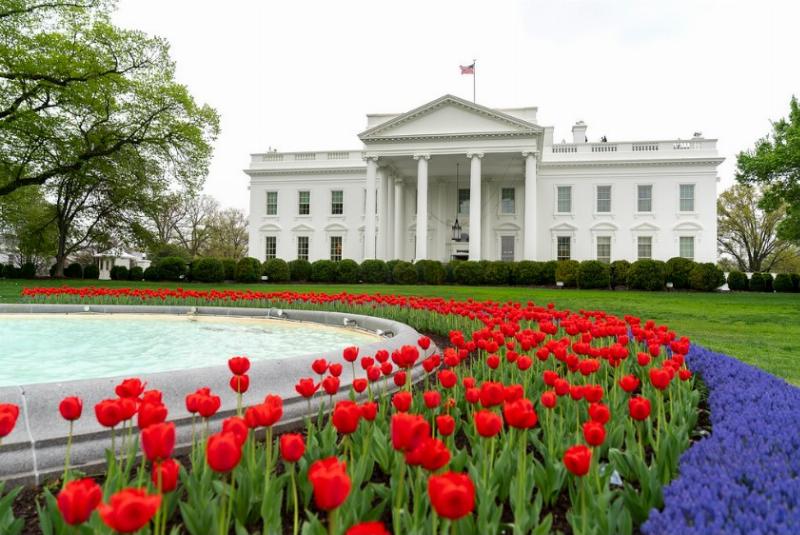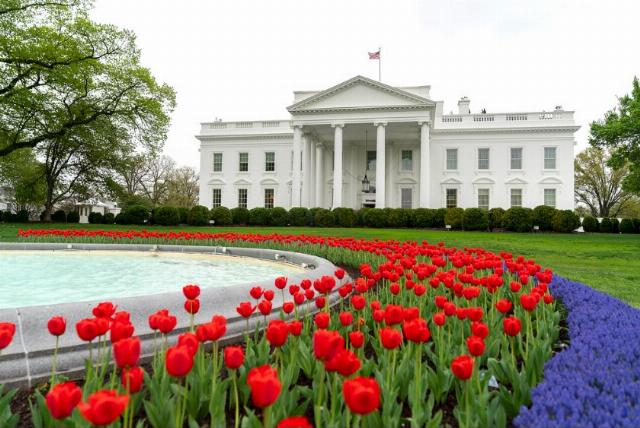


In writer Taylor Sheridan’s Western series, 1923, there is a great scene in the third episode (which I will paraphrase) when the show’s Montana cattle-ranching family rides into town and finds a man selling futuristic wares on the street. What’s that crazy thing? Well, ma’am, it’s a washing machine. And that? A refrigerator for keeping food cold. Oh, my. How do they work? They run on electricity through power lines straight into your home. They are modern conveniences that do your chores for you.
Amid the general euphoria among those seeing such strange inventions for the first time, one of the brash, young cowboys asks discerningly, “So you sell electricity, and then you rent all the things that need electricity?” The salesman reluctantly agrees but insists the new appliances will provide time for fun and leisure. “But that ain’t more leisurely,” the young cowboy replies, “because we gotta work more to pay for all this stuff.” The salesman quickly points out that every home in New York City will soon have all these technologies and more. The cowboy shakes his head in disgust and provides a fine lesson on economic freedom: “No, here’s the thing, we buy all this stuff, we’re not working for ourselves anymore. We’re working for you.”
I wish every American (especially the youngest generations) would watch that scene a hundred times and think clearly about its implications. What does it say about our way of life when most of us pay so many different kinds of recurring bills just to stay in our own homes? Property taxes, municipal fees, state taxes, federal taxes, water, electric, natural gas — all just to get started. Want to communicate with the outside world or enjoy some basic entertainment? Those services will require more subscription fees that will certainly rise in price without end. It is almost impossible to own any home free from the threat of future encumbrances. Even a remote dweller in a forgotten cabin in the distant woods still owes the taxman — and failure to pay means some government agent will eventually knock on his hard-to-find door and seize that cabin in the government’s name. One’s private home is never really one’s own.
If that early-twentieth-century ranching family took a look at how our society functions today, would it conclude that we are “modern”? Or would it decide that we are the ones who have traveled back in time to an age of serfdom and indentured servitude?
Residents of New York City pay thousands of dollars each month in rent and utilities, and most never own anything. Those who do own an apartment or condo pay fortunes for places smaller than the living rooms of some of the smallest homes in the Midwest. Those same New Yorkers who “own homes” still shell out condo and maintenance fees in perpetuity. The price of “big city” electricity rises rather precipitously, and transit fees always go up. By the time some “modern” NYC worker signs up for a basic monthly serving of “Netflix and chill,” most of what a person earns each month ends up in somebody else’s pocket. In New York City and so many metropolitan areas like it, too many residents live paycheck-to-paycheck — even the “wealthy” ones.
A large number of Americans have been conditioned to accept this way of life as perfectly normal. For a person who believes city-life makes sense, globalism probably makes sense, too. When the World Economic Forum’s aspiring tyrant, Klaus Schwab, promises that most of the planet will eventually “own nothing and be happy,” a lot of city people nod their heads in agreement. They already own nothing. But are they really happy?
The return of President Trump is causing tremendous consternation for all kinds of people. He represents a particularly serious threat, though, to Schwab-aligned globalists and their dreams of a “Utopian” future where “elites” own everything and “commoners” rent for life. Trump could have run an entire political campaign on this issue alone. He was busy speaking about the dangers of a wide-open border, “green new deal”-induced inflation, and the stupidity of forever-wars. But a single overarching objective addresses all these problems: returning America to the path of an ownership society.
Dreams of ownership enticed our ancestors to leave the Old World and build a new country. They did not want to work other people’s lands. They did not want to be taxed by feudal lords for the rest of their lives. They wanted to own the fruits of their labor. They wanted to own their own farms. They wanted complete control over their economic fortunes — beholden to no-one. Needless to say, most of their descendants have forgotten why freedom is impossible without private property. Renting everything from a handful of oligarchs and governments, as Sheridan’s cowboy points out, means that we end up working entirely for them and never for ourselves.
President Trump has surprised a lot of people during his first month back in office by concentrating heavily on (1) eliminating wasteful (and fraudulent) government spending, (2) cutting unnecessary (and therefore harmful) regulations, and (3) pushing for an overhaul of our current system of taxation. What he’s trying to accomplish is much bigger than most people could have guessed. He is not only implementing reciprocal tariffs as a way to bring long-lost manufacturing and industry jobs back home but also setting the stage to greatly reduce individual tax burdens. He is committed to relieving Americans of income taxes that disincentivize hard work and dampen entrepreneurial spirits. Taxing a person’s labor is both immoral and detrimental to a nation’s aggregate wealth.
Inflation is also a tax. When central banks print currency, they devalue our paychecks and our savings without ever passing legislation for higher taxes. That stolen wealth artificially inflates the sticker price of stocks and other assets. Companies traded on Wall Street see their currency-denominated valuations rise even though their companies have created no new real value (quite fraudulently, failing companies are “juiced” to look “successful”). This kind of fake economic “growth” creates market bubbles and inevitable crashes. Who benefits? Those who take their inflated market “winnings” out before the crash — by and large, the same oligarchs who turned on the central bank money-printing spigots in the first place. They steal from the poor to further enrich the obscenely wealthy.
What’s the point? The Trump administration sees the next four years as the last chance to save the dollar. Americans should not have to invest in a manipulated stock market just to have something for retirement. A dollar tucked under the mattress today should buy a person just as much in fifty years’ time. Otherwise, a worker still doesn’t own the fruits of his labor. He remains a serf tethered to the Federal Reserve’s fake-money fields. Real economic growth requires sound money.
A society that values private property is a society that values freedom. In a lecture delivered more than twenty years before the publication of The Wealth of Nations, Adam Smith described what separates great and powerful nations from weak and despotic ones:
“Little else is requisite to carry a state to the highest degree of opulence from the lowest barbarism, but peace, easy taxes, and a tolerable administration of justice; all the rest being brought about by the natural course of things. All governments which thwart this natural course, which force things into another channel, or which endeavour to arrest the progress of society at a particular point, are unnatural, and to support themselves are obliged to be oppressive and tyrannical.”
Smith’s concise prescription for national greatness is President Trump’s MAGA playbook in a nutshell. As the Montana cowboys would say, this is how we get back to working for ourselves.

Image: Trump White House Archived via Flickr, public domain.
